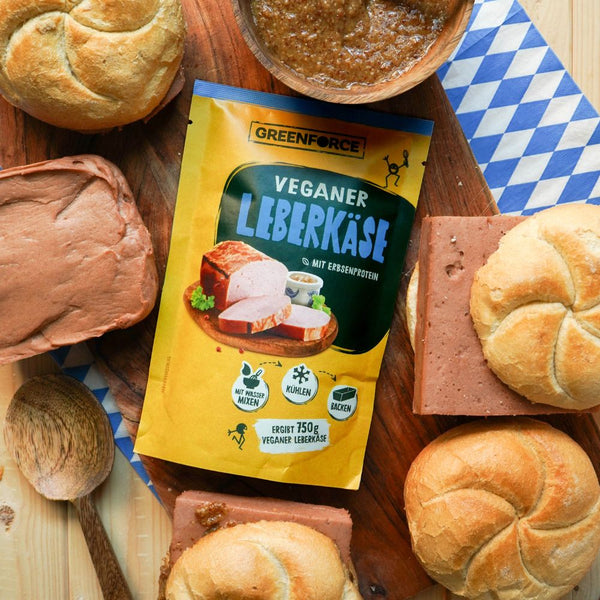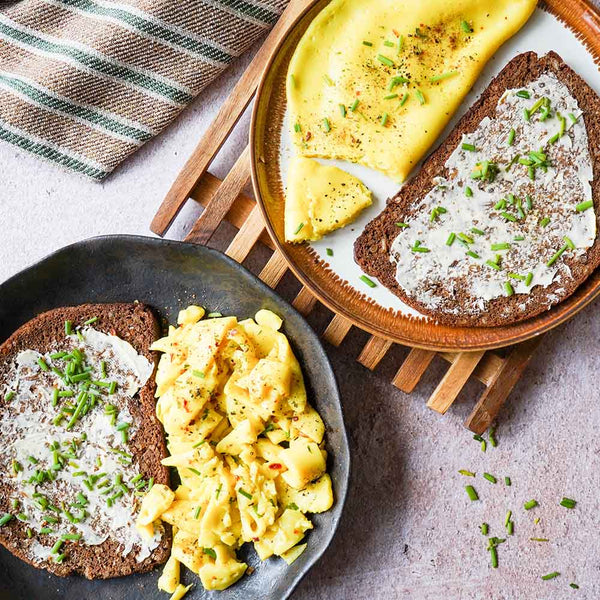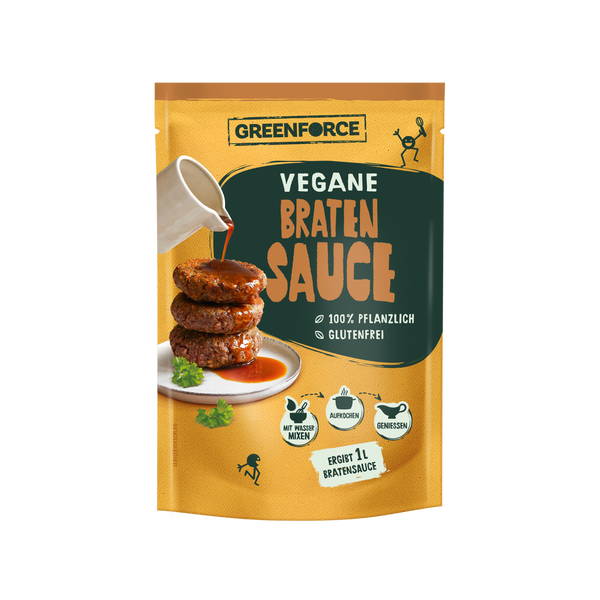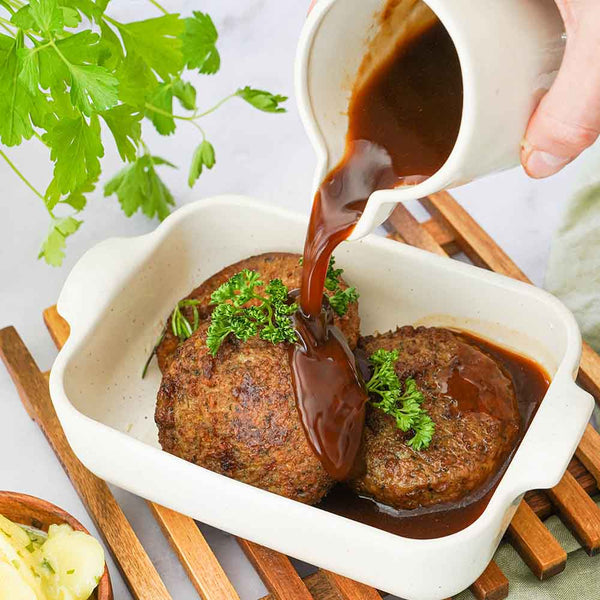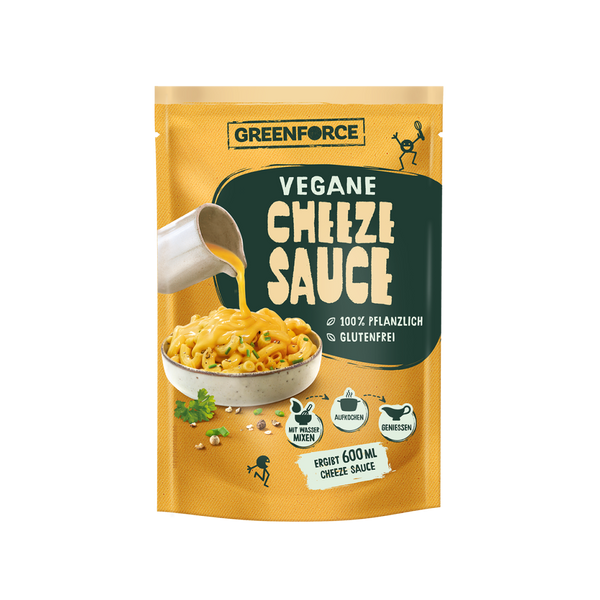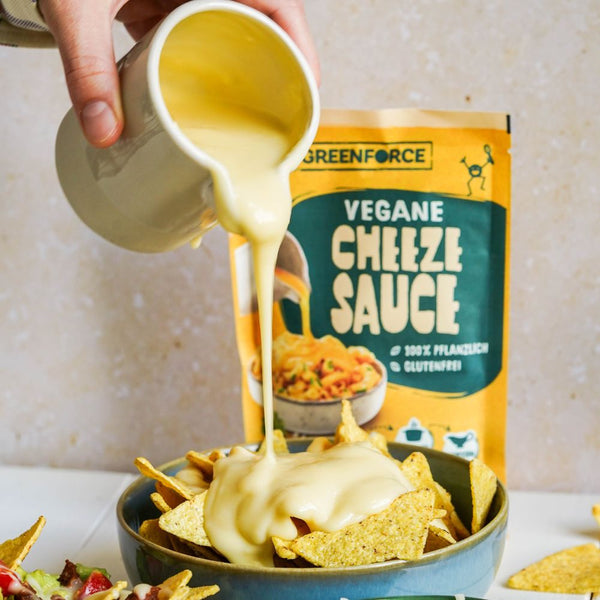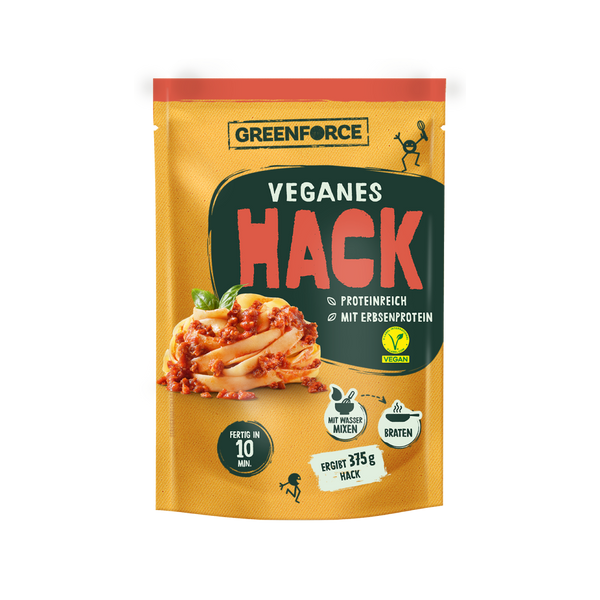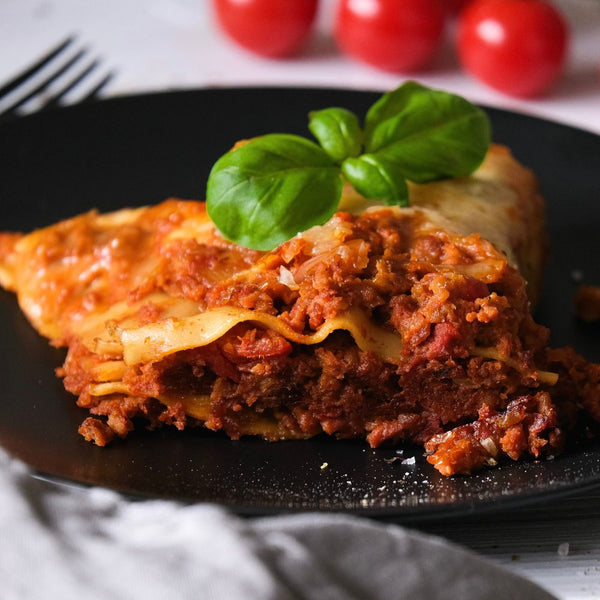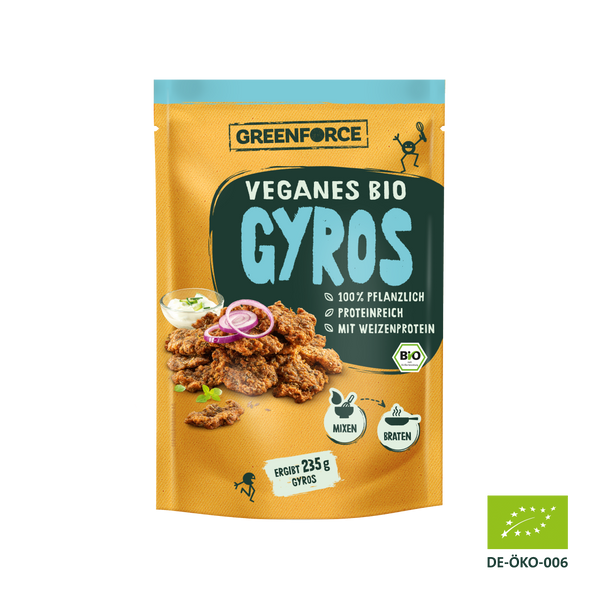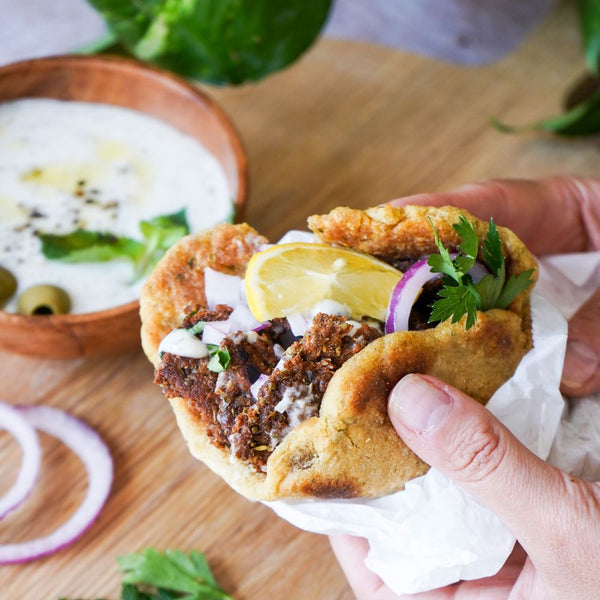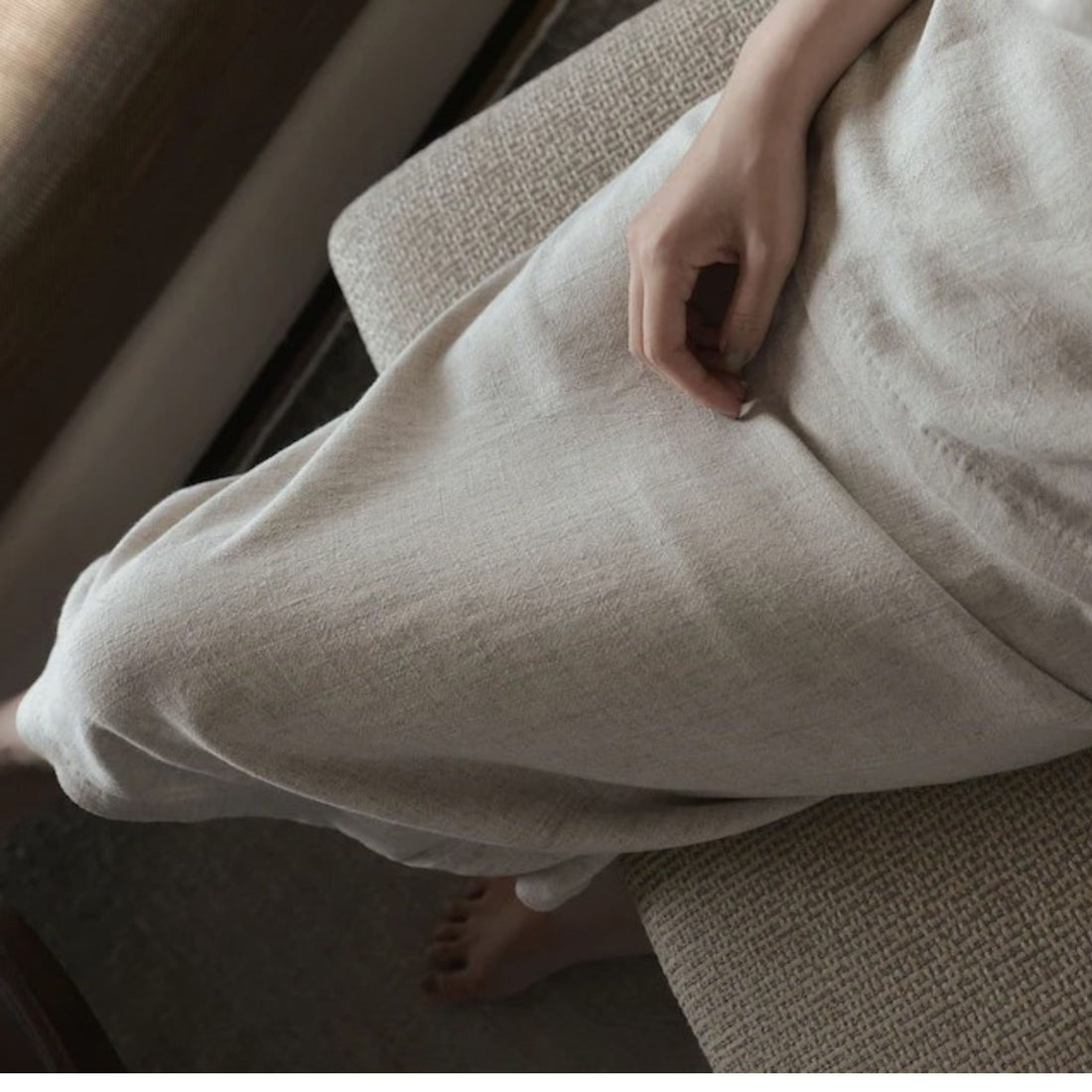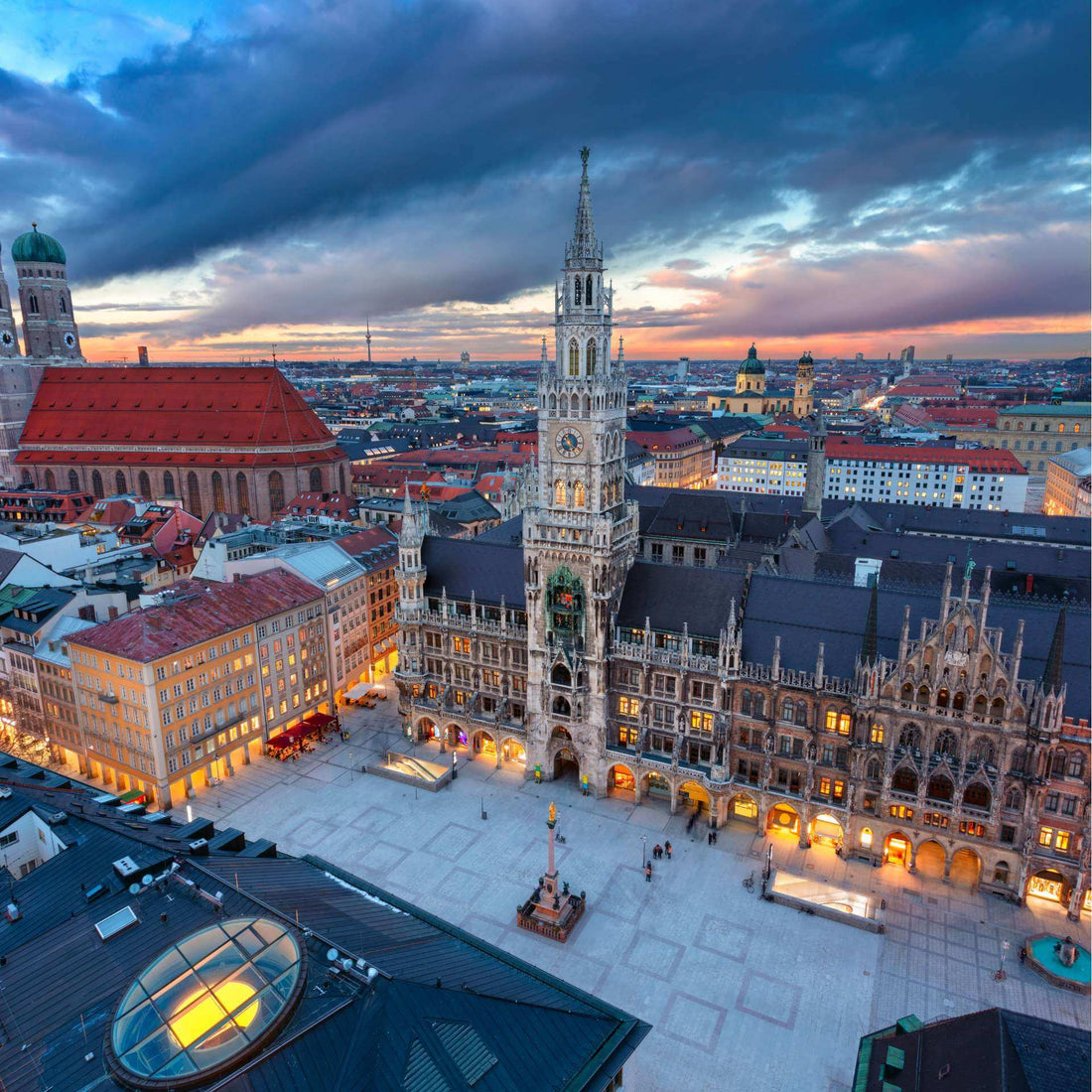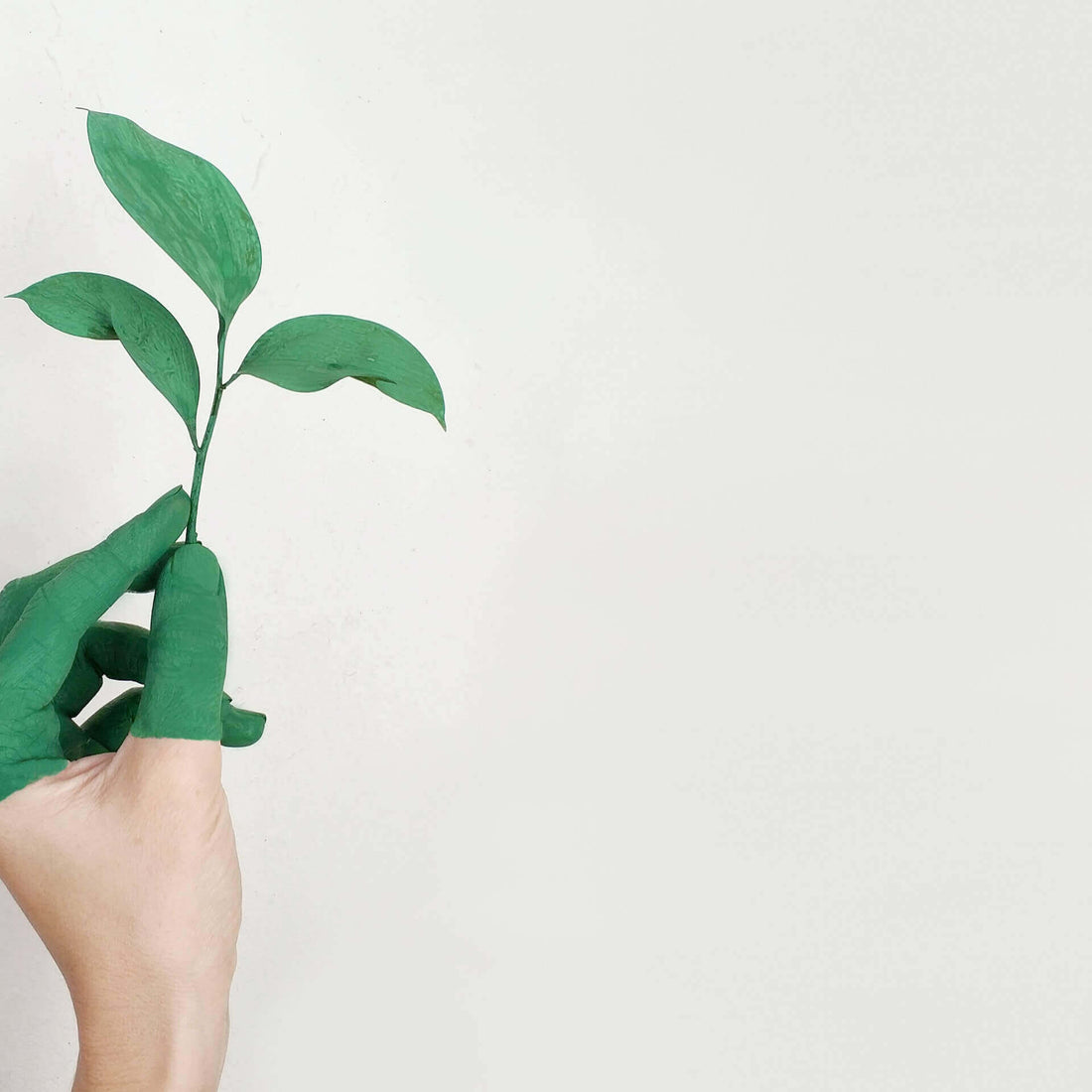Now that we have more or less answered the question “ What is sustainability in the fashion industry? ”, you are probably wondering where you can actually get sustainable fashion .
And let me tell you : vegan brands and sustainable fashion labels are springing up everywhere at the moment. But established brands are also offering more and more vegan products in order to jump on this new fashion bandwagon.
If you're looking for brands that are committed to sustainable living , look no further than companies like Stella McCartney, Matt & Nat and People Tree. These brands are committed to not using any animal materials in their products and instead rely on innovative, plant-based or recycled materials .
Stella McCartney , for example, is a true pioneer in the world of sustainable fashion and offers a completely sustainable line that does not use leather, fur, feathers or animal skin products. Matt & Nat, known for eco-friendly bags and accessories, uses materials such as recycled nylon, cork and rubber. People Tree works with fair trade and organic fabrics and is known for its strict sustainability standards.
Other brands that offer innovative products include the following:
If you're looking to expand your wardrobe with sustainable clothing , it's important to educate yourself on the materials used and production practices. Many eco-friendly brands are proud to disclose their ethical practices and environmental footprint , making it easier for you to make conscious and informed choices. By supporting brands that support vegan lifestyles and sustainability, you're helping to promote a more positive and fair fashion industry.
When buying sustainable fashion, you face the challenge of ensuring that the products are free from animal materials. This can sometimes be difficult because it is not always clear which materials are used, where they come from and, above all, under what conditions they were produced.
First, you should always read the product descriptions carefully . Pay attention to the composition of the materials. Vegan clothing does not contain wool, silk, leather, fur or other animal fibers. Instead, alternative materials such as cotton, polyester, linen or newer innovations such as Piñatex (pineapple leather) and Mylo (mushroom leather) are used.
Pay attention to certificates
Another fairly reliable way to identify sustainable fashion is through certifications that attest that the products meet certain vegan standards .
The most important seals to look out for include:
-
PETA Approved Vegan : This seal is awarded by the animal rights organization PETA and identifies products that do not contain any animal ingredients.
- Vegan Society Trademark : An internationally recognized certificate that confirms that a product does not contain animal ingredients and has not been tested on animals.
- Cruelty Free International : Although mainly used for cosmetics, this seal certifies that products and their ingredients have not been tested on animals.
- Fair Trade : This seal shows that products have been produced in compliance with strict social, ecological and economic standards. Fair Trade also ensures that workers can work under fair conditions and are fairly paid.
-
GOTS (Global Organic Textile Standard): A world-leading standard for the processing of textiles made from organically produced natural fibers. It guarantees the organic origin of the materials and also includes social criteria.
- Organic Cotton Standard : Certified cotton products that have been grown and processed using organic practices. It helps ensure that no harmful chemicals or pesticides are used.
- B Corp : This certification goes beyond the product itself and evaluates the overall social and environmental performance of a company. B Corps are committed to transparency and responsible corporate governance.
If you look for these seals when buying your fashion, you can at least be sure that the manufacturer is at least paying attention to the origin of their clothing. If you really want to be sure that your fashion is 100% vegan, you should pay particular attention to the " PETA Approved Vegan " and " Vegan Society Trademark " seals. The best vegan products have several certificates.
The future of the fashion industry lies in sustainable fashion - we at Greenforce are convinced of this. By now you know what materials are available and which certificates you can use to ensure that your fashion is really vegan. But what do you actually get out of it?
We will show you now:
 Germany
Germany
 Austria
Austria
 Switzerland
Switzerland
 Netherlands
Netherlands
 Belgium
Belgium
 Luxemborg
Luxemborg

















